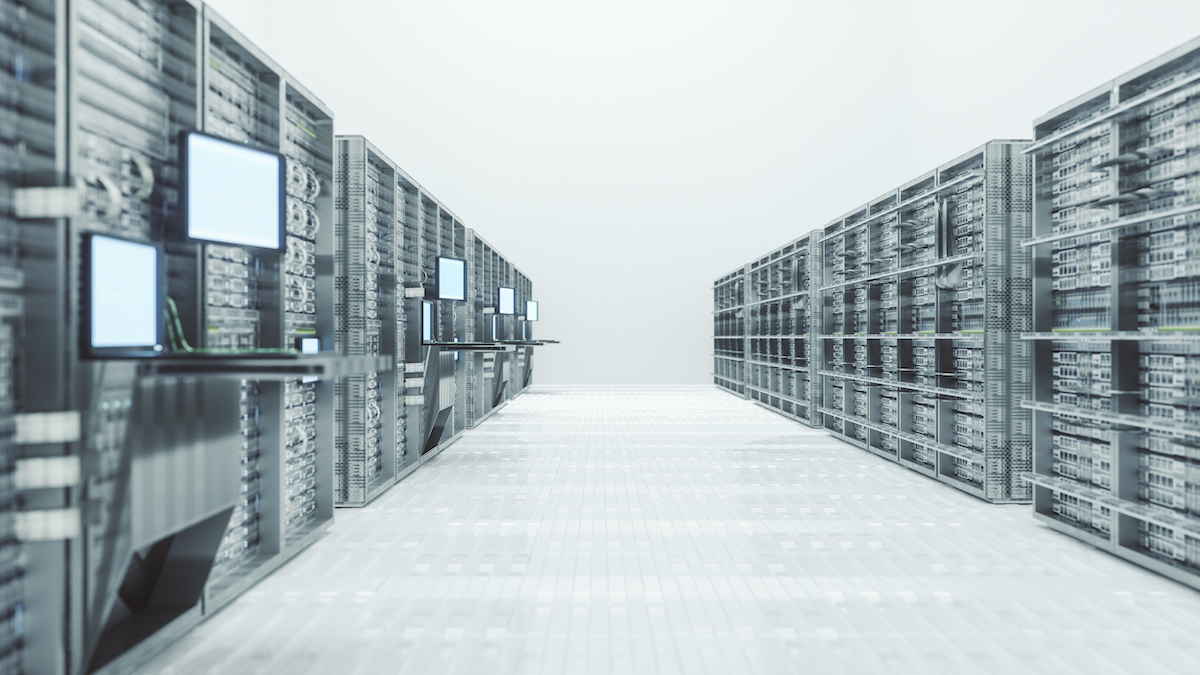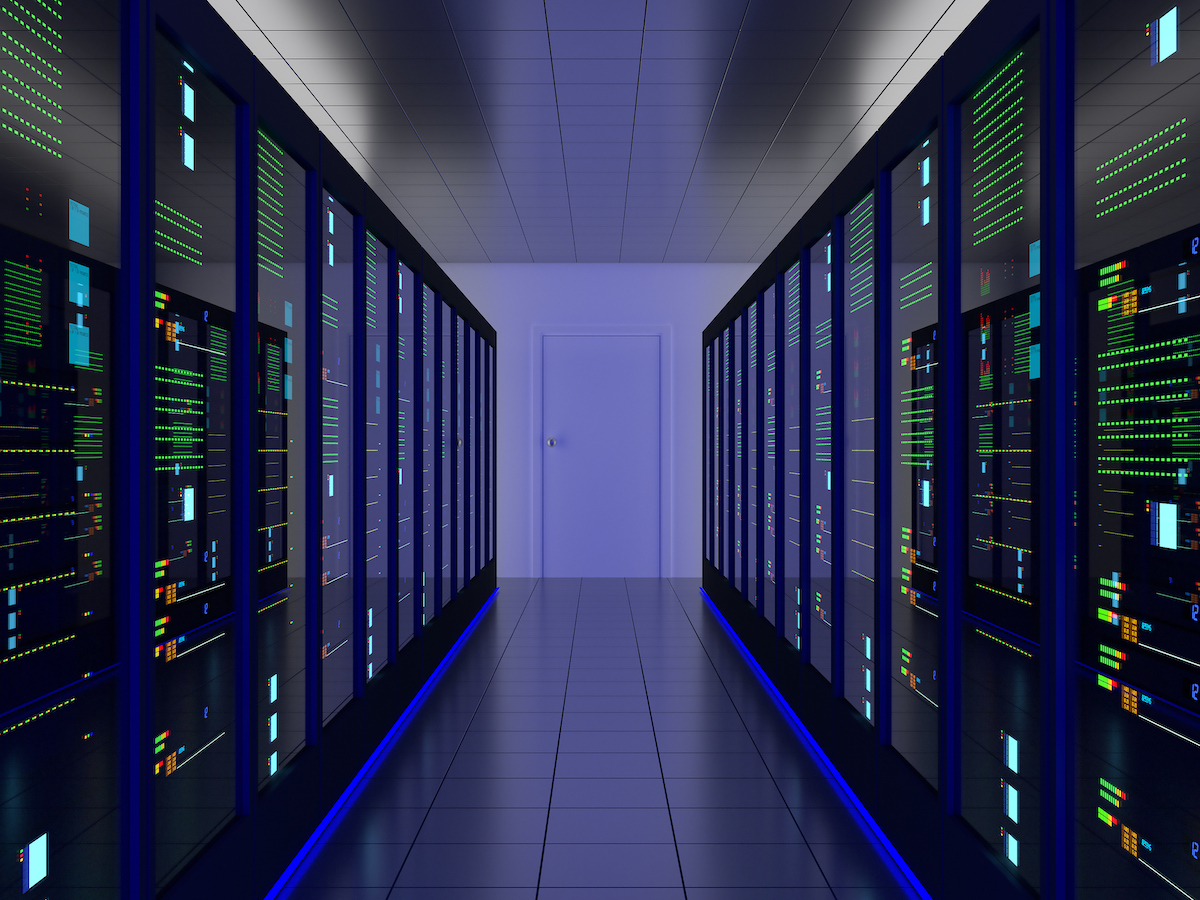10 Considerations When Choosing Flash Storage

IDC reports that the top pain points IT managers face when it comes to storage are reducing storage-related costs, ensuring data compliance and protecting virtual machine data, all while increasing capacity and performance. Easy enough, right?
With the choices between hard disk drive (HDD) and flash storage at an all-time high, decisions on how to store data are more difficult. In the past, flash was not at the top of everyone’s list. Today, flash storage is mainstream, in great part due to its affordability, agility, efficiency and speed. In many cases, flash can offer better performance than traditional HDD storage solutions. As a result, more businesses are moving towards an all-flash Storage solution or hybrid model. In 2016, flash storage sales are soaring.
Ten factors to consider when designing your flash storage solution:
- Budget Considerations
Historically, the higher cost of flash storage as compared to HDD took it out of the running, especially for small and mid-sized businesses. While this is no longer the case, businesses do need to design a flash storage system with a budget in mind. Your flash budget should be reflective of an overall reduction in the amount of storage space required. - Performance for Mission-critical Applications
Flash storage can provide better performance for mission-critical applications, offering faster speeds and lower latency. When designing your storage system, identify the mission-critical applications that are your top priorities and consider that flash storage is ideal for intense I/O workloads. - Data Protection and Stability
Protecting data and ensuring a high level of system reliability are among the most important considerations for establishing a flash storage solution. Look for a solution with built-in protections that offers consistent performance, even in the event of system failures or scheduled maintenance. - Simplicity of Use
With the right storage architecture, even a less experienced user should be able to set up flash storage with ease. It is possible to deploy a solution that can be set up in less than an hour by plugging in cables, following instructions, and using pre-loaded software. - Efficiency in Storing Data and Applications
As the volume of data your organization captures steadily increases, you will need to store that data more efficiently for faster access and to lower total cost of ownership (TCO) for storage. All-flash storage can offer improved efficiency over traditional HDD solutions. - Intelligent Tiering that Meets Business Needs
With an intelligent tiering system, the most important applications and data are delegated to flash while others are stored in HDD. The system will determine which data is stored where at any moment in time, depending upon its importance. - Workload Requirements
Determine your workload requirements before investing in a flash storage solution. Depending on your needs, it may be advantageous to take a hybrid approach and use flash for the most critical applications and HDD for others. - Maintenance and Future Innovation
Flash storage is rapidly evolving. When purchasing a flash storage system, regular maintenance and upgrades are important to keep up with the technology as it continues to evolve. - Compatibility with Cloud Computing
Your move to the cloud can be facilitated, in part, by flash storage. Select a flash storage architecture that is compatible with your overall cloud strategy now and in the future. - Enterprise-level Flash Storage Features
In today’s marketplace, you don’t have to be a large enterprise to take advantage of enterprise-level flash storage features. Pay attention to whether a flash storage solution offers features such as automated tiering, replication, thin provisioning and others.
If you need guidance selecting the best storage option for your organization’s infrastructure, let’s set up a consult with one of our seasoned storage experts. They will help you determine how to make the transition to a flash storage solution or possibly another storage solution that fits your business needs.




